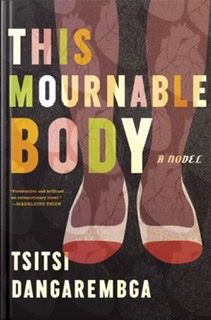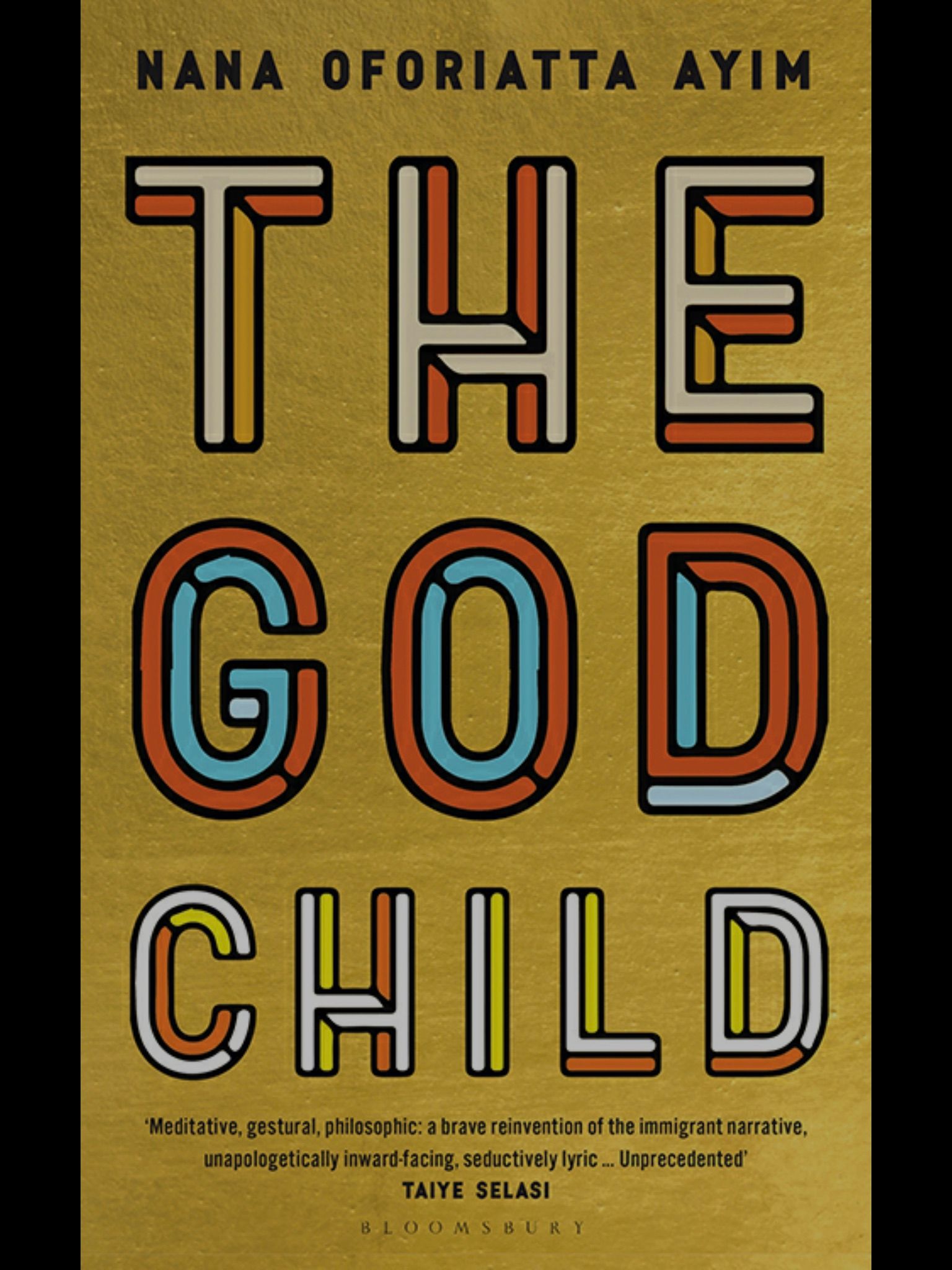Don't Upset ooMalume: A Guide to Stepping Up Your Xhosa Game
Nqandeka writes with an easy familiarity of the Xhosa cultural background showing how the ordinary
By African Reads I mean books written by people who were born or live in Africa.
10. Tata Sikuxolele by Thembisile Kundlwana won the Sanlam Literary Prize 2019 for Youth Literature. The is story about a father disappearing in Johannesburg after going to work on the mines. It brought back memories about my school setwork, Buzani kuBawo by W.K. Tamsanqa. It is sad and heart wrenching, told in sparse matter of fact language. This is a good book to give a young adult, or anyone who wish to improve their Xhosa vocabulary for that manner, which, lets be honest, is a lot of people who attended private and Model C schools where vernacular language was not taught.
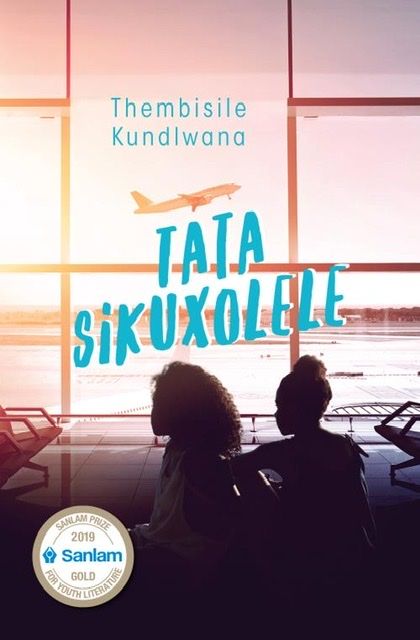
9. South African Literature’s Russian Soul Narrative Forms of Global Isolation by Jeanne-Marie Jackson is a great book of comparative literature from Russia and South Africa. The author says: "The dissertation from which this book emerged was the product of six years in the Comparative Literature Department at Yale, for which I am increasingly grateful." Don't let that scare you because the book is readable and also discusses many pertinent questions of socio-political nature that are similar within the national psyche of the two nations, especially under the apartheid and Soviet rule.
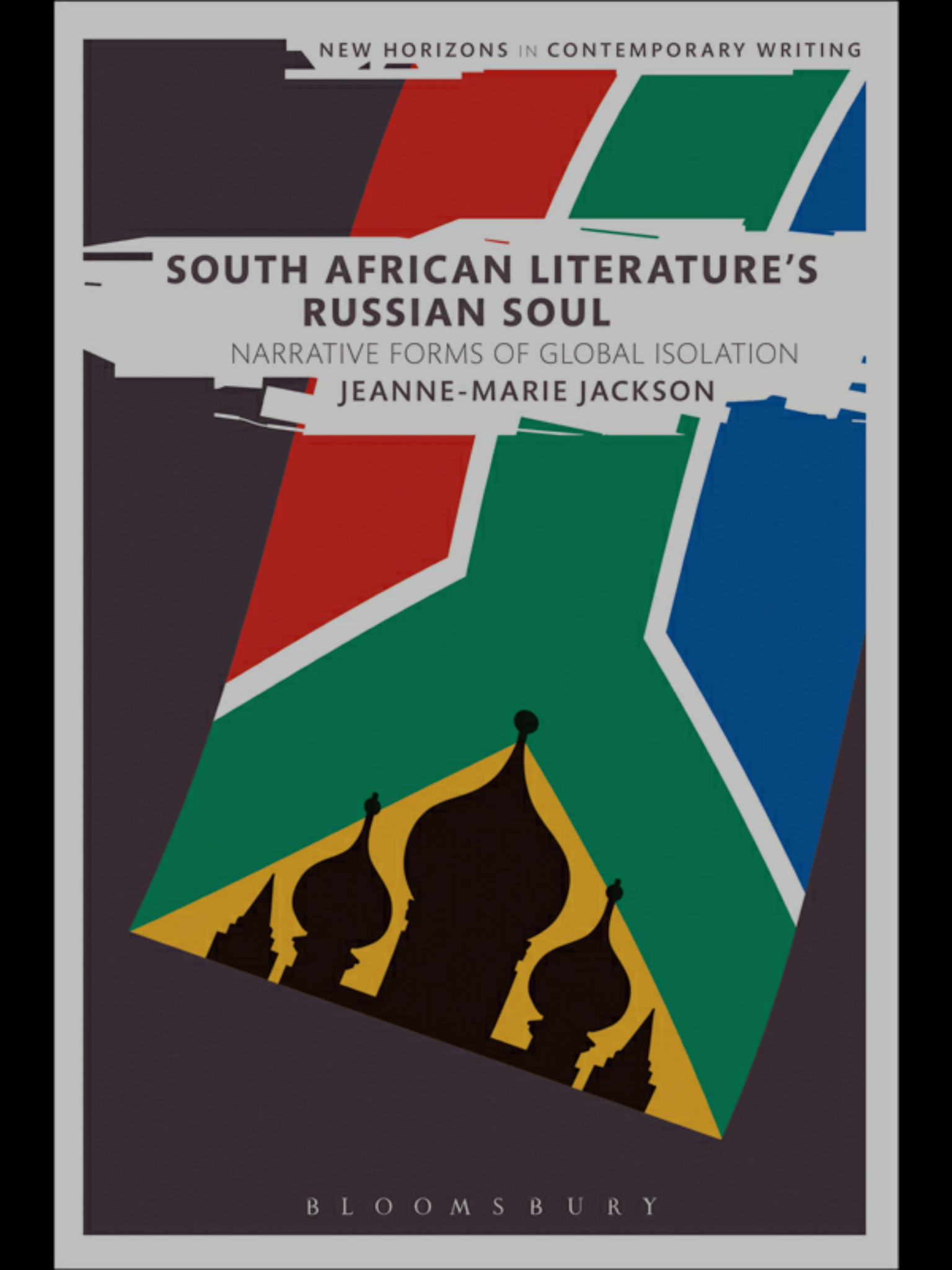
8. Drawn In Colour: African Contrast by Noni Jabavu is a very contrarian book that, let's be honest, carries a notes of condescension towards towards Africans. Noni is a quintessential of what was then termed an English Kaffir. Something about her reminds me of the blank critique by the Trinidadian writer, V.S. Naipaul. I include it here because, despite its content, it is actually well written with wealth of detail about the African life then, and has amazing insights sometimes. It tells of a voyage home to South Africa for the funeral of her brother who had been murdered by a gangster in Jo'burg, and of her vain attempts to save the marriage of her sister to a Ugandan man. Just as much as Noni was obviously angry at the careless regard for life in African urban society, which obviously influenced her attitude, I am currently researching a paper on the Bulhoek Massacre and am rather pissed off at her grandfather's (John Tengo Jabavu) dismissal of its victims as mere fanatics. Reading through the writings of the educated blacks then I see how some of them were problematic, and why Plaatjie had such issues with Tengo though he respected him as his mentor. I look forward to learning of Noni's more redeeming qualities from the up and coming biography by Makhosazana Xaba.
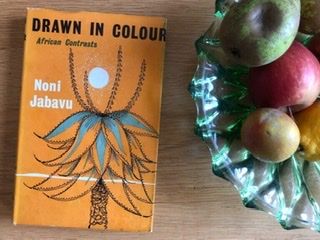
7. Dreams In A Time of War: A Childhood Memoir by Ngũgĩ wa Thiong’o is a book of loss, land loss in particular, thus food security and self sustenance. It concentrates more on his father and other chiefs loss of status and authority as western capitalism advanced to their villages: "My father’s thingira [homestead] was abandoned, and now the women trekked some distance to take food to him. I was aware of trees being cut down, leaving only stumps, soil being dug up, followed by pyrethrum planting. It was strange to see the forest retreating as the pyrethrum fields advanced. More remarkable, my sisters and brothers were working seasonally in the new pyrethrum fields that had eaten up our forest, where before they had worked only across the rails in the European-owned tea plantations."
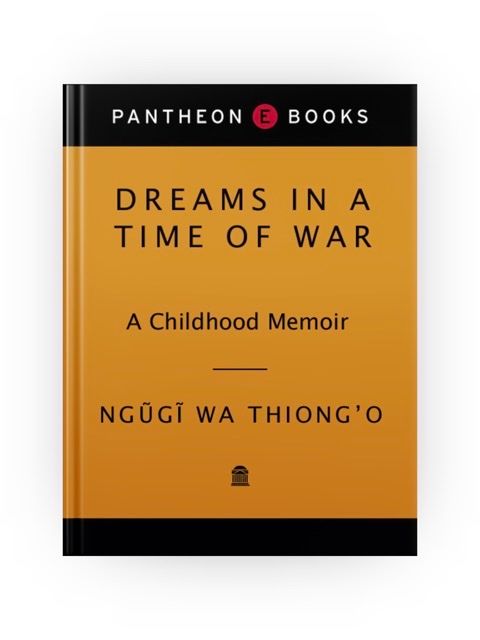
6. Something about A Family Affair by Sue Nyathi makes you feel you're in a Jane Austen novel. Shonda Rhimes, in Bridgeton managed to bring a black angle into an Austen genre. And here Sue takes it further by bringing into it the African zeitgeist. The novel is a causeways of African manners, mores and traditions; the origins and misuses of our cultural practices; the sometimes misguided appeal to myths, custom and religion to perpetuate things like gender violence and caste system; the lure of money and material wealth as weapons for predatory sexuality and toxic masculinity; the stubborn spirit of religious millennialism as the background of so much tragic African thinking, superstition and all.
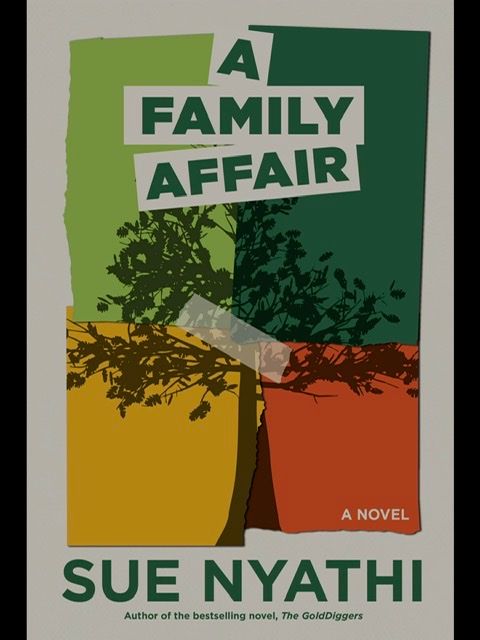
5. I thought Helen Moffet's Charlotte out of my alley, but decided to read it anyway as a way of counteracting my confirmation bias. I actually enjoyed it, a lot. Though based on one of Jane Austen's characters it goes far beyond. In fact I would classify it more along George Elliot's Middlemarch as a subtle study of mannerism and characters of an era. I must be honest, I don't really care about the plot going arounds in these kind of novels, in fact I find it all tedious and voyeuristic. But Moffet's talent is in her sharp socioeconomic observational eye as social scientist. And, of course, she brings into it, ever so subtle still, a feminist angle into the story and action. I found it very satisfactory also that she doesn't just introduce big topic issues of the day, but rather follow them through in gentle interrgation and dissection that provides poper psychological analysis beyond mere decorative display common to most contemporary novels when tackling these issues.
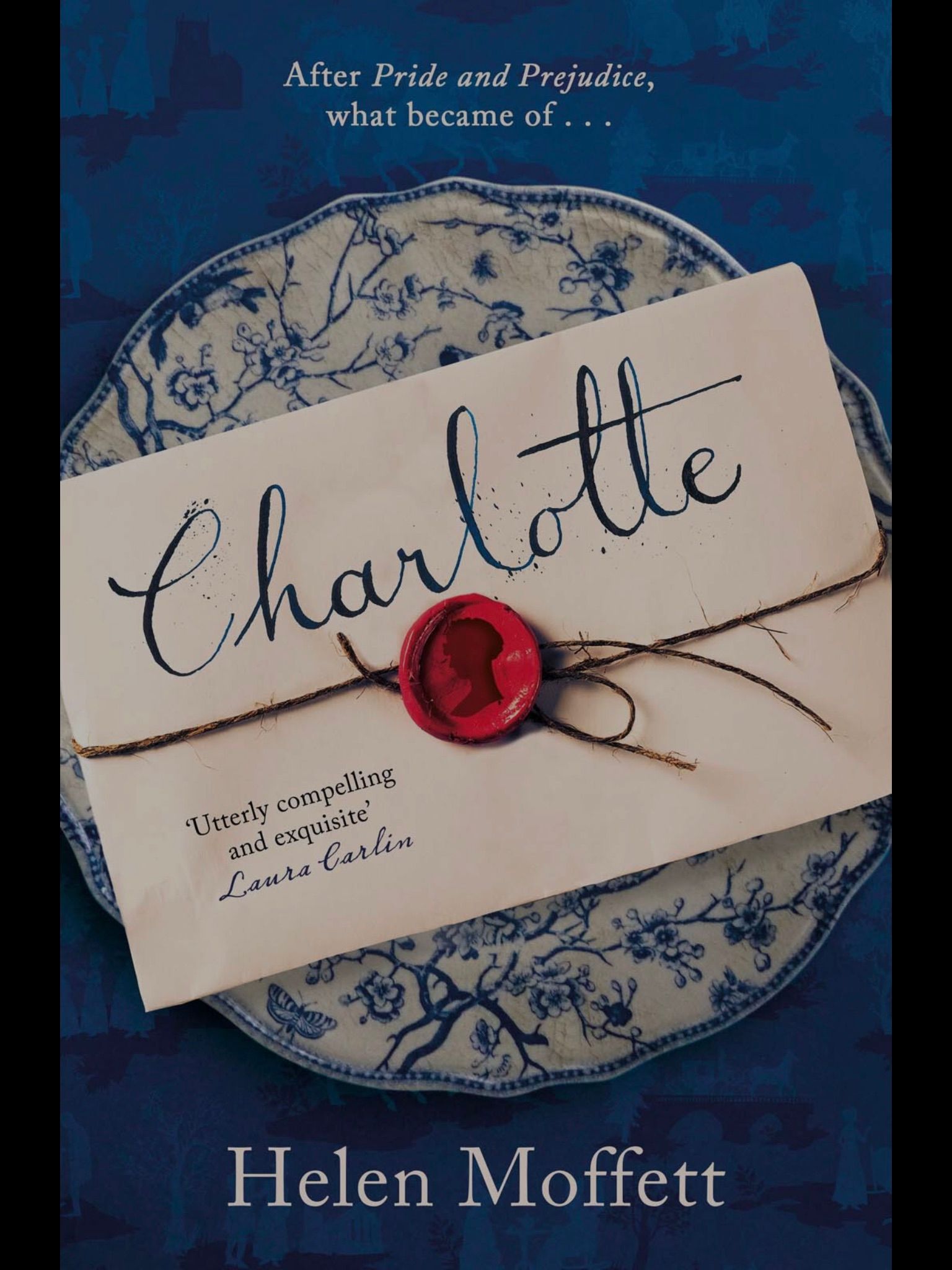
4. The Shadow King by Maaza Mengiste I've already spoken about on my 2020 Top Ten Reads on this website.
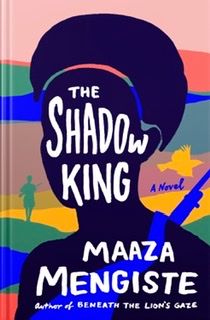
3. The Girl With The Louding Mouth by Abi Darė I've already spoken about on the 2020 Top Reads
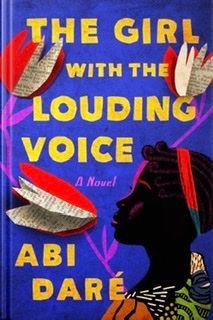
2. This Mournable Body by Tsitsi Dangarembga I've already spoken about in 2020 Top Reads.
